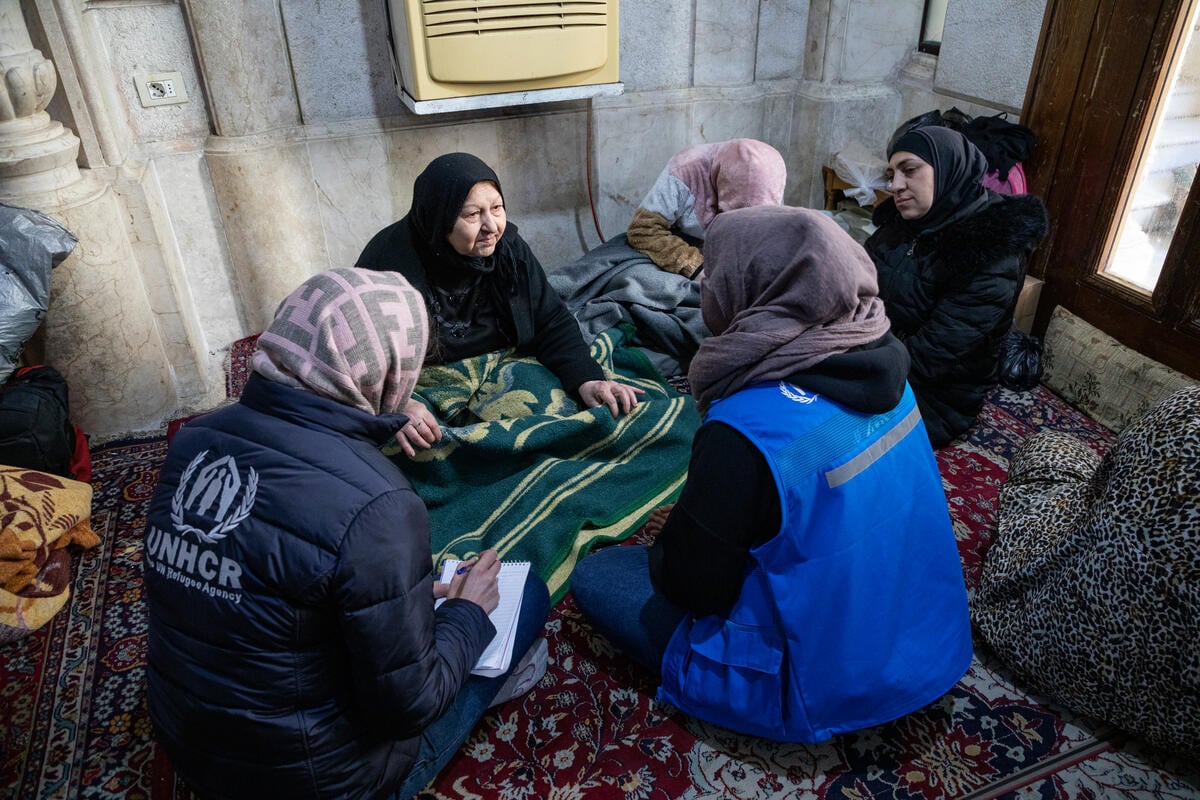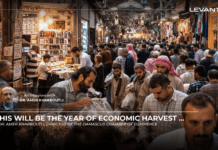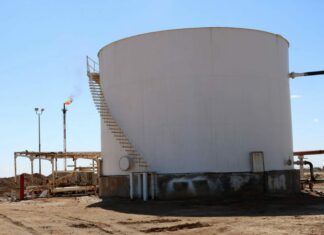
As the Syrian conflict drags into its 14th year, the prospect of a safe return for the millions of Syrian refugees scattered across the Middle East and beyond remains a distant dream. Ongoing violence, human rights abuses, and a crumbling economy have rendered Syria inhospitable, leaving refugees with no viable option for return.
The United Nations High Commissioner for Refugees (UNHCR) has reiterated its stance against encouraging large-scale voluntary returns of Syrian refugees. In a report issued on August 6, the agency emphasized that the necessary security and material conditions for a safe return are still absent in Syria. “The report stated that the security, social, and economic conditions continue to deteriorate,” underscoring the dire situation that persists across the country.
Despite the enduring hope among many refugees to one day return to their homeland, the obstacles remain formidable. The UNHCR has been conducting surveys since 2017 in key host countries, including Jordan, Lebanon, Iraq, and Egypt, to gauge the intentions of Syrian refugees. These studies have consistently revealed that while refugees yearn for their return, they are acutely aware of the dangers that await them.
The challenges are manifold: ongoing violence, legal uncertainties, lack of access to basic services, and the collapse of economic opportunities are just a few of the hurdles that make the return impossible. Moreover, regions under the control of the Assad regime pose significant threats to returnees, who are at risk of arbitrary detention, torture, sexual violence, and even death. A report from Amnesty International on May 27 confirmed that human rights organizations are unanimous in their assessment that no part of Syria can be deemed safe for refugees.
The situation is particularly precarious in areas controlled by the Assad regime and its allies. The regime, with support from Russia and Iran, has been accused of targeting returnees, subjecting them to a range of abuses including imprisonment, rape, and murder. Meanwhile, other parts of Syria are plagued by ongoing conflict, either from Assad’s forces, Russian and Iranian allies, or from inter-factional fighting and terrorist attacks by groups such as the PKK-aligned SDF (Syrian Democratic Forces).
Meanwhile, Europe is experiencing a rise of anti-refugee and far-right movements pushing for normalizing Assad in a bid to return refugees. In Austria, a heated debate has emerged over the potential deportation of Syrian and Afghan refugees, particularly those who have committed serious crimes. Some political parties, led by the Austrian People’s Party, are advocating for stricter asylum policies and the deportation of criminal offenders back to their home countries, despite the ongoing conflicts and threats to their safety.
Christian Feltswieser, President of Austria’s Federal Administrative Court, has strongly opposed these calls for deportation, emphasizing that it is neither legally nor constitutionally permissible to return individuals to Syria or Afghanistan. Feltswieser pointed out that Article 3 of the European Convention on Human Rights, which prohibits deportation to countries where individuals face imminent danger, serves as a significant legal barrier. He stated, “Even very dangerous criminals cannot be deported if they are likely to be exposed to direct danger in their country of origin.”
This position has sparked controversy in Austria, particularly following a recent Constitutional Court decision that allowed for deportations to Afghanistan in individual cases, citing “stabilizing” conditions under Taliban rule. Politicians saw this ruling as a potential precedent for broader deportations, including to Syria. However, Feltswieser cautioned that while there may be political desires to amend laws such as the Geneva Refugee Convention, the current legal framework in Austria and across Europe remains a significant obstacle to such actions.
As discussions continue in Europe and beyond, the reality for Syrian refugees remains bleak. The UNHCR continues to work on addressing the concerns of both internally displaced persons and refugees, providing protection and assistance in areas where returns have occurred. However, the agency stresses the need to create an environment conducive to safe and voluntary return, guided by refugee choices and international standards. Until such conditions are met, unlikely while Assad remains in power, the agency maintains that large-scale returns are not advisable.








